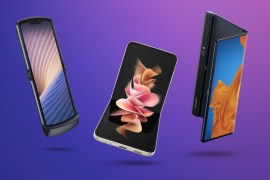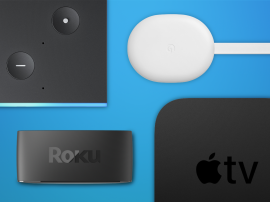The most anticipated gadgets of 2018
All of the big devices we're already getting anxious about
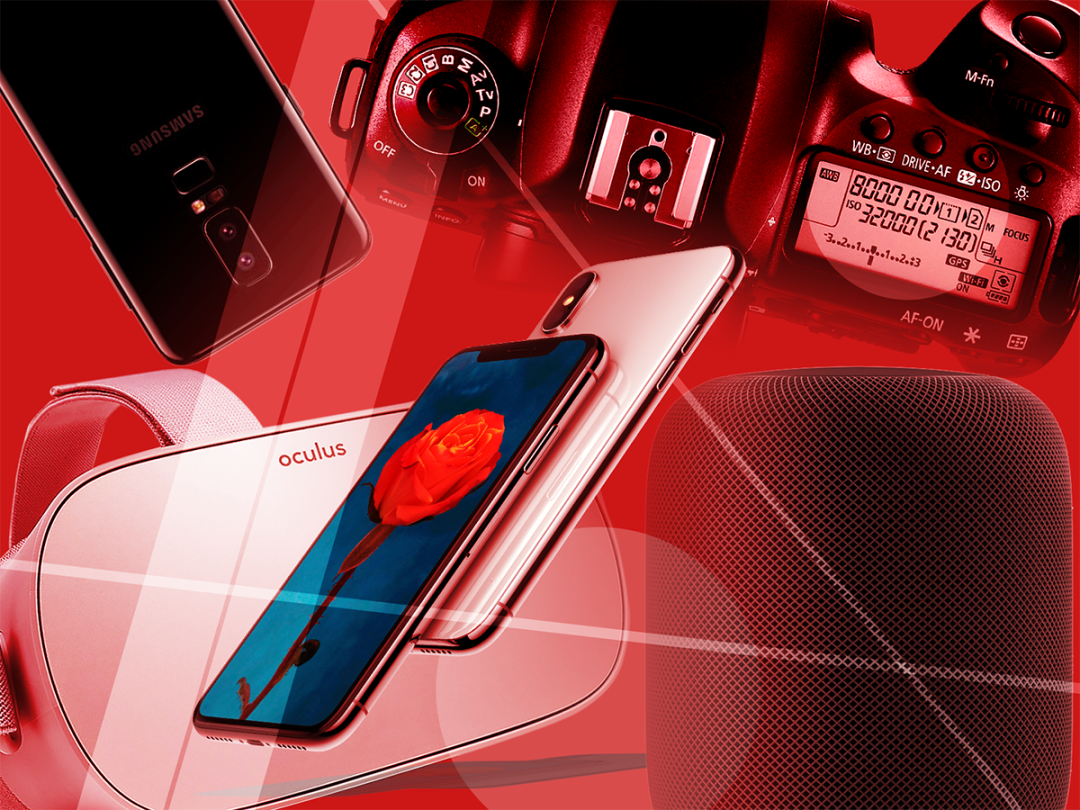
Look, 2017 might not have been a banner year for politics or international relations, but at least it brought us some pretty brilliant gadgets to please and distract ourselves with.
From the Apple iPhone X to the Nintendo Switch and Samsung Galaxy S8, there were plenty of devices that we loved and logged loads of time with – and 2018 should bring even more great tech for us to eagerly fiddle with.
We’ll see lots of things announced over the course of the year, from smartphones to TVs, cameras, and gaming devices, but here’s a look at 10 of the gadgets we’re already excited for from the year ahead.
Samsung Galaxy S9
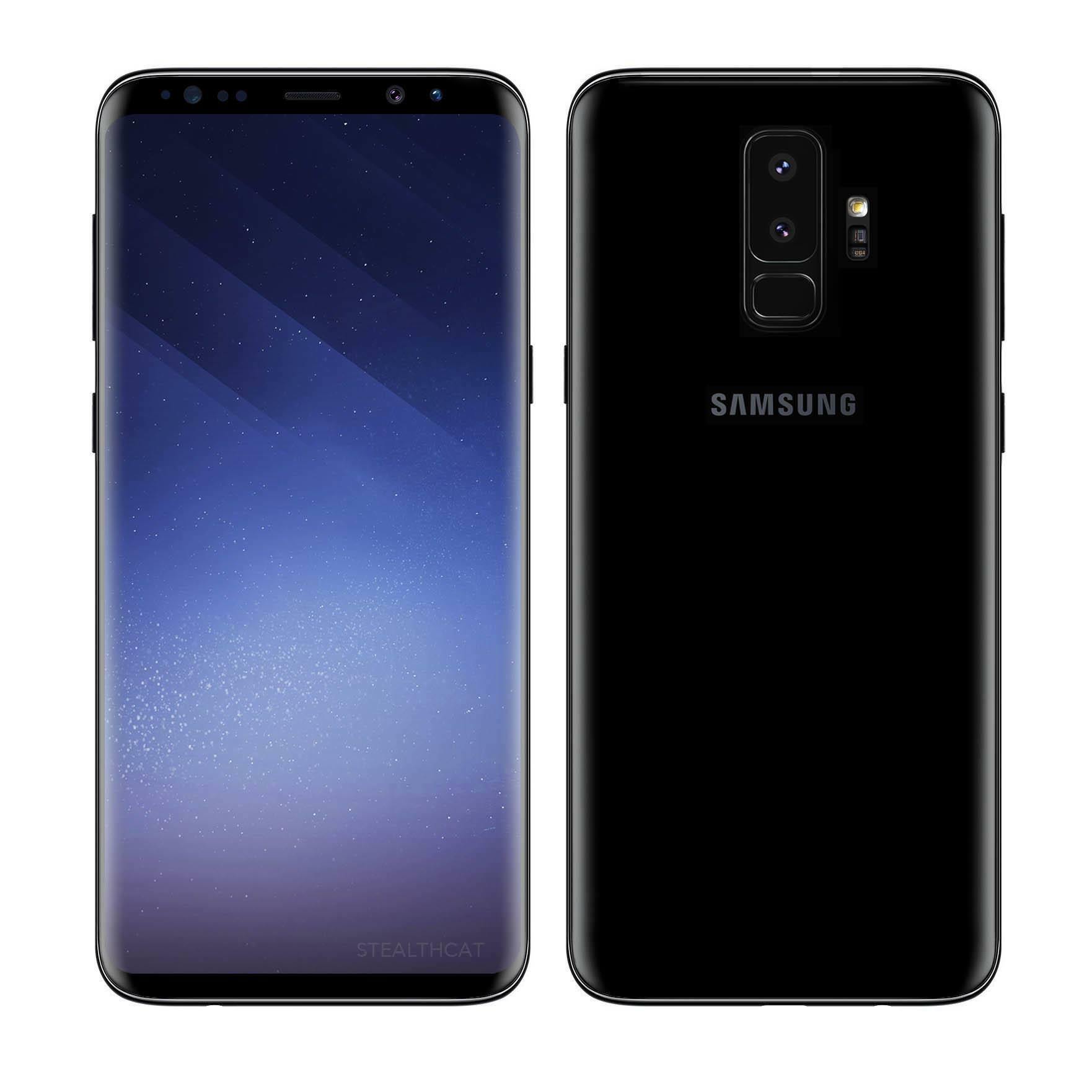
Samsung’s brilliant Galaxy S8 still rules our smartphone list nearly a year after its release, so it seems entirely possible that the Galaxy S9 will take its place in a few months’ time.
Rumours and reports suggest that the Galaxy S9 won’t make any huge changes from the previous edition, but we can likely expect even less bezel on the front, an even better main camera on the back, with a wider f/1.5 aperture (and maybe even adjustable aperture), and an enhanced S9 Plus model with more RAM and a secondary back camera. Check out the speculative, fan-made S9 Plus render above.
Unless another challenger rises in the spring, the S9 is likely to maintain Samsung’s rule well into 2018.
Also Read › Samsung Galaxy S9: Everything we know so far
Apple iPhone X2
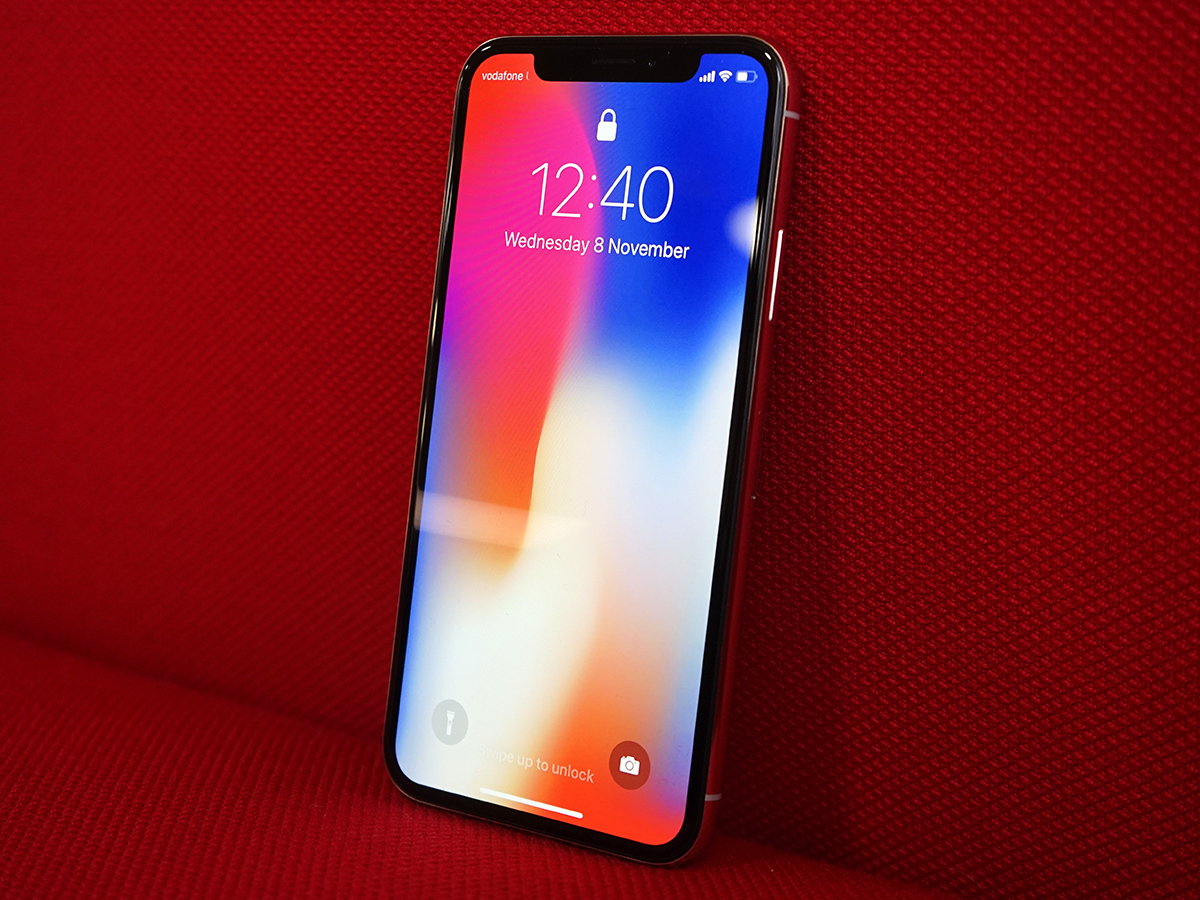
The iPhone X (shown) is a wonderful, albeit incredibly expensive phone, and it marries the perfectly handheld size of the iPhone 8 with a voluminous, all-face display. Naturally, now we want an even bigger one.
And that’s reportedly what we’ll see next year, as a noted analyst suggests that Apple will debut a Plus model with a 6.5in OLED display alongside an upgraded 5.8in model. Furthermore, that same analyst suggests that there will be a cheaper middle model with a lower-resolution 6.1in LCD display.
That part seems like it could get a bit confusing, but in any case, we fully expect Apple to release iPhone X successors in 2018 – whatever they’re called and however they may look.
Oculus Go
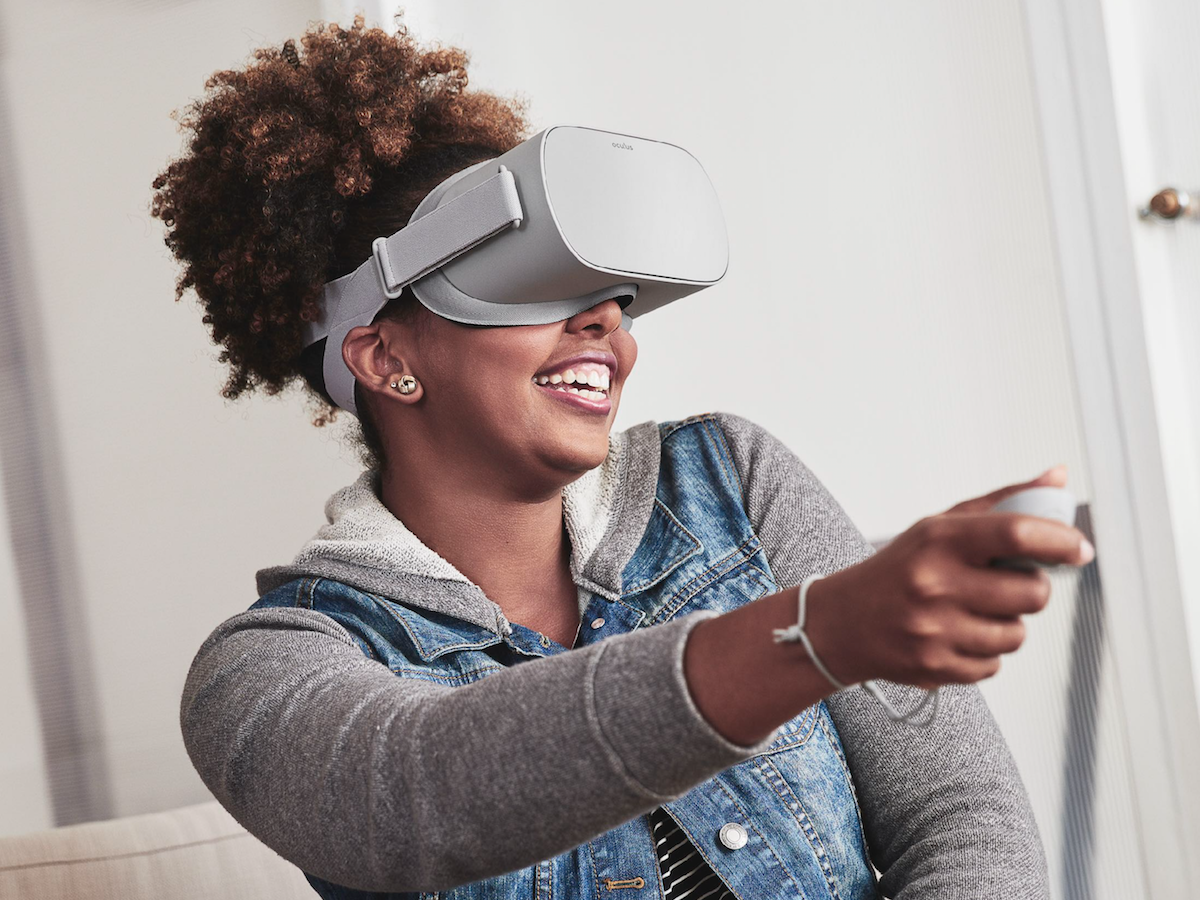
Right now, if you want to get into virtual reality (better than Google Cardboard), you need more than just a headset: namely a PC, a PlayStation 4, or at least a pretty decent smartphone. But the Oculus Go solves that problem: it’s an all-in-one, budget-minded headset.
It seems comparable to Oculus and Samsung’s Gear VR headset, albeit without the need for a phone to snap in. The Oculus Go has a 2560×1440 "fast-switch LCD" screen well suited for VR experiences, and given its compatibility with 1000+ Gear VR apps and games, it should deliver similar performance.
We don’t have all the specs yet, but Oculus says it’ll start at US$200 and debut early in the year.
Apple HomePod
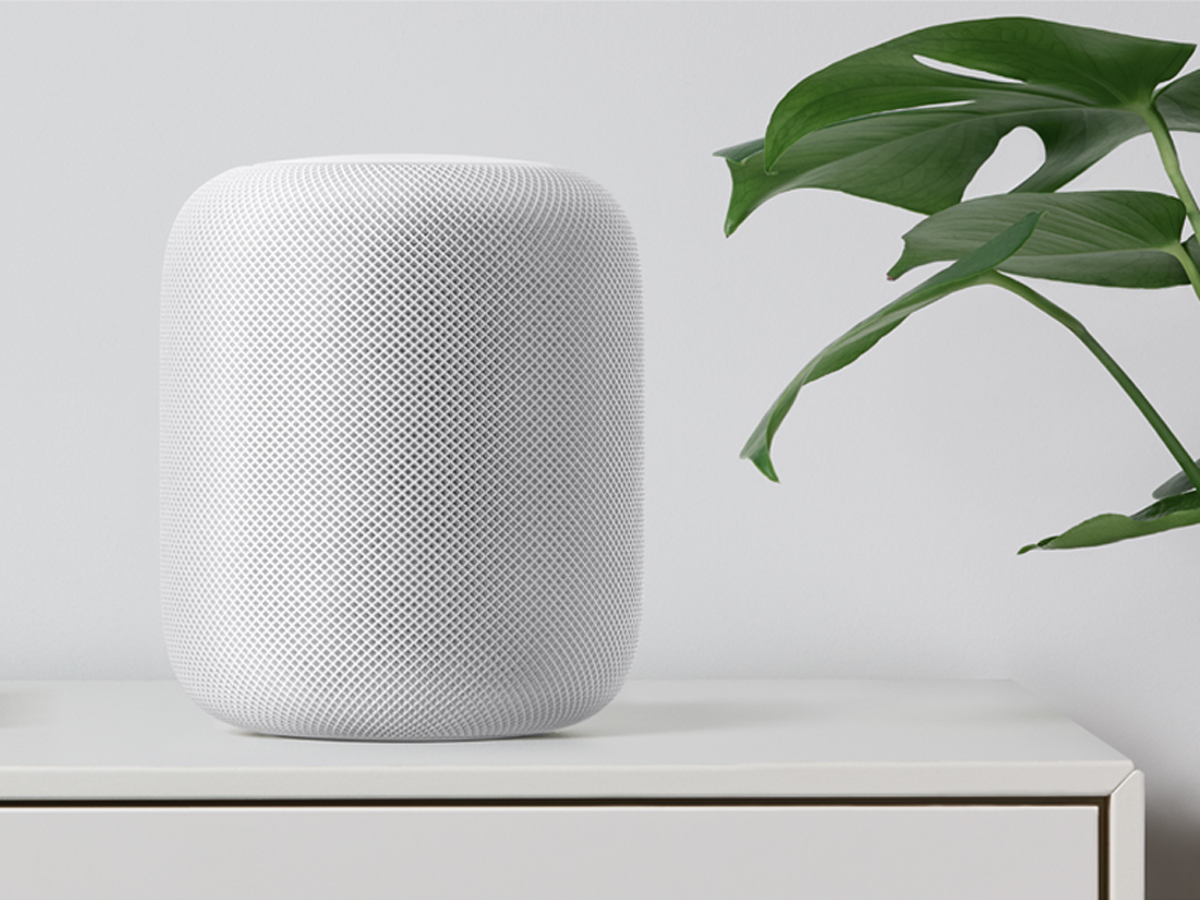
Apple has a tendency to borrow pretty good ideas and make them smarter and better… and more expensive, too. That could be the case again with the HomePod, essentially Apple’s take on the spoken assistant-packed home speaker.
Whether it’ll actually be smarter and better remains to be seen, but at US$349, it better have both ends handled. Apple’s large speaker packs in an A8 processor with a high-excursion woofer and seven tweeters to fill your room with tunes, plus you can chat with Siri and ask loads of music-centric questions that she’ll be newly equipped to answer.
Still, with the Alexa-equipped Sonos One out now at £199, we’ll have to see whether Apple’s version really warrants the extra spend.
HDMI 2.1 televisions
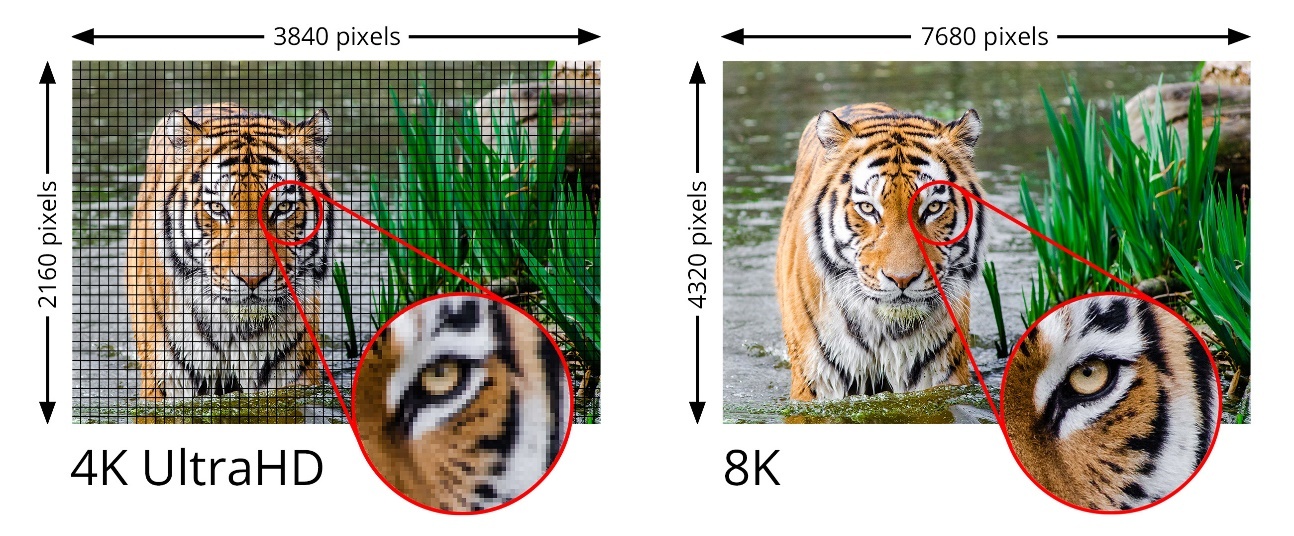
This isn’t a specific product entry since we’re still waiting on compatible sets to be announced, but with the HDMI 2.1 specifications just recently passed, we’re hoping to see some TVs with the tech release by the end of 2018.
What’s the deal with HDMI 2.1? Well, it supports resolutions up to 10K and and increased frame rates, neither of which will likely make much of an immediate impact. But we’re excited for the possibility of variable refresh rates for PlayStation 4 and Xbox One games, providing smoother experiences along the lines of what NVIDIA’s G-SYNC does for PC monitors.
Also Read › The 10 best TVs in the world right now
Fujifilm X-H1
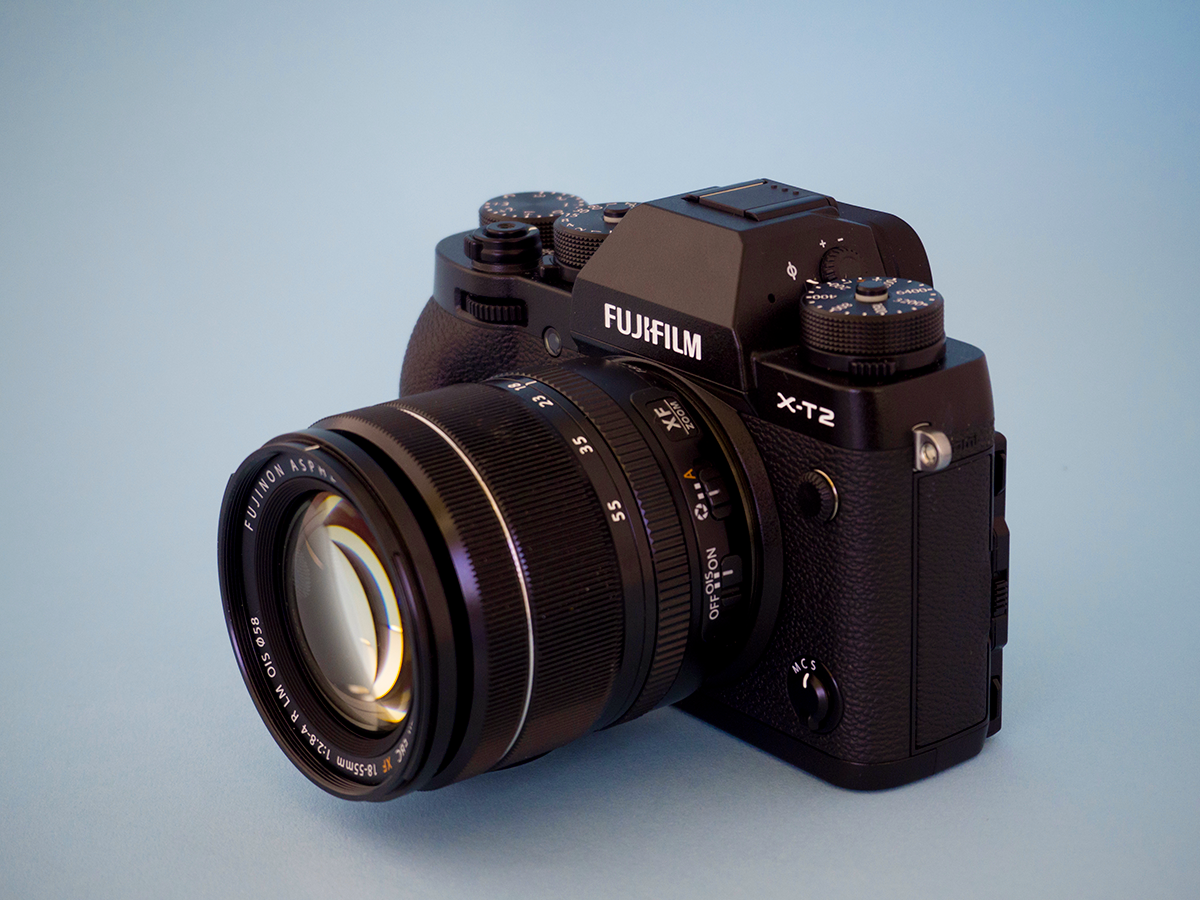
When we reviewed the Fujifilm X-T2 (shown) in 2016, we called it "the best camera on the planet." It’s been topped in our system camera rankings since (albeit by another Fujifilm offering), but rumours of a successor are very exciting indeed.
According to FujiRumors (via The Phoblographer), the company is set to release the X-H1, which was pegged to be the X-T2s, sometime in 2018 – and it should be Fuji’s first camera with in-body image stabilisation (IBIS). It’s otherwise expected to be comparable to the last model, but IBIS would be a huge addition. If we can get a bit more battery life too, then it may take the system camera throne once more.
Also Read › Fujifilm X-T2 review
Samsung Galaxy X
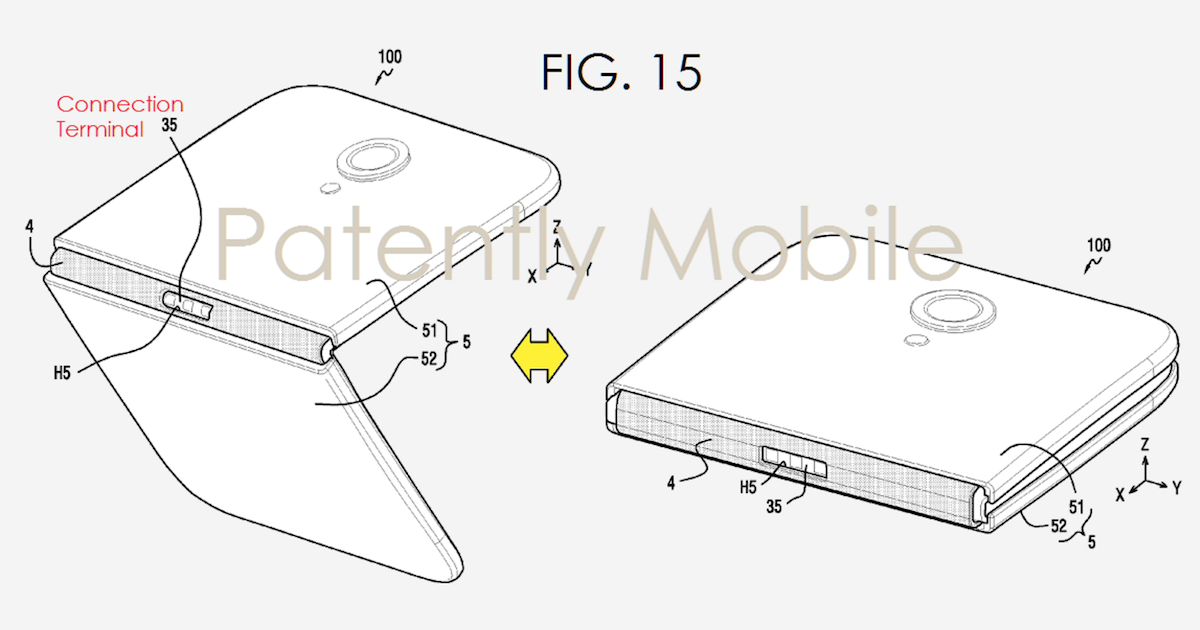
We’ve been hearing rumours about a foldable, flexible Samsung Galaxy X phone for years now, but the company’s mobile president Koh Dong-Jin affirmed this autumn that they’re now looking at a 2018 release for the innovative offering.
So what’s the deal? Well, bendable display technology has been in the works for some time, and Samsung has filed a fair few patent illustrations showing the possibilities. We might get something that folds like a wallet, for example, or one that unfolds from a smartphone shape into a tablet one.
Sounds interesting, certainly, but we’ll see whether the unique benefits justify what will probably be a pretty significant price point.
iPad Pro X
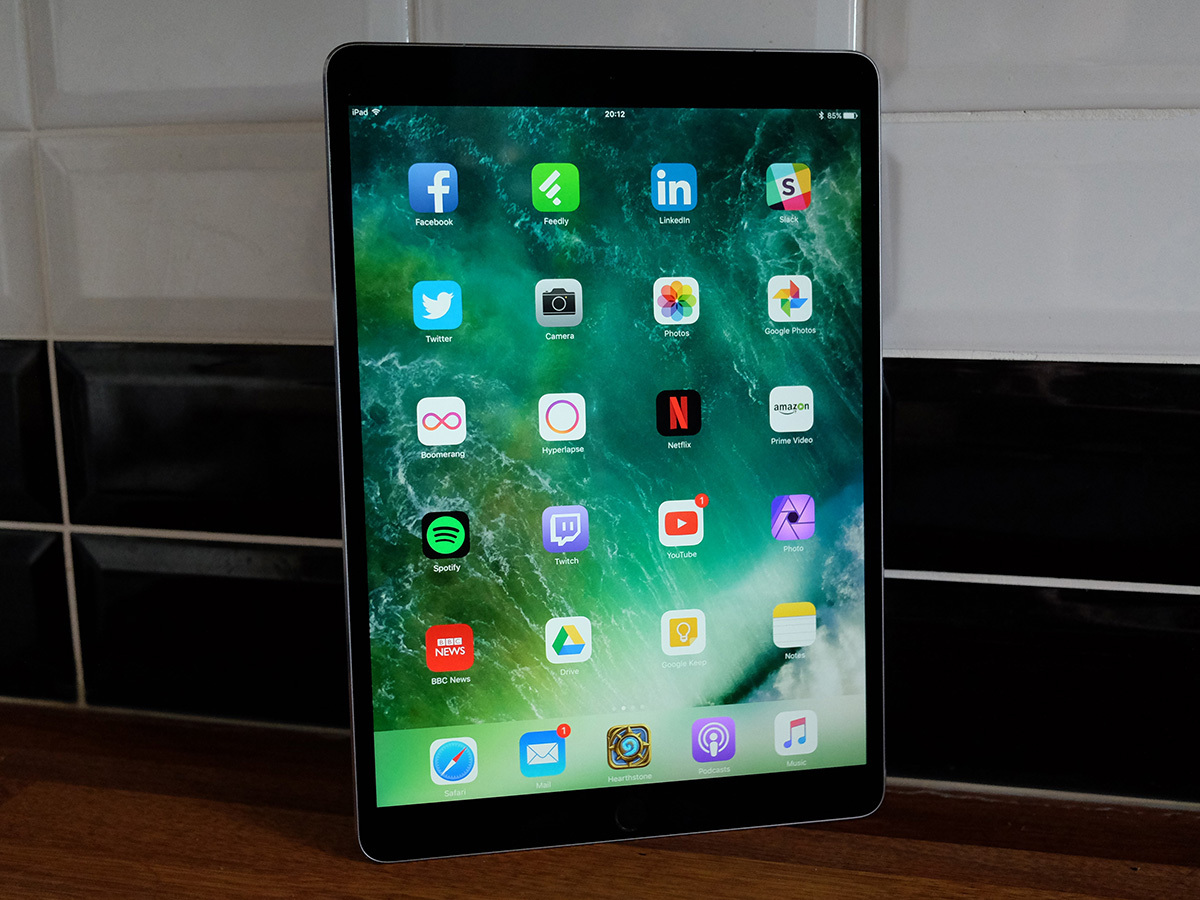
If you want the iPhone X’s cool TrueDepth camera system but don’t want to carry an Apple phone in your pocket – or spend £999 on one, at least – then you might have another option in the new year: a similarly-equipped iPad Pro.
That’s the rumour, at least, that Apple’s next top-tier iPads will gain the ability to do Face ID security, Animoji, and precise facial tracking. They’re also expected to take on a similar bezel-lite design and feature an eight-core A11X Bionic chip, but they’re still pegged to use LCD screens – at 10.5in (current version shown) and 12.9in – rather than adopt the iPhone X’s OLED approach.
Also Read › Apple iPad Pro 10.5 (2017) review
LG G7
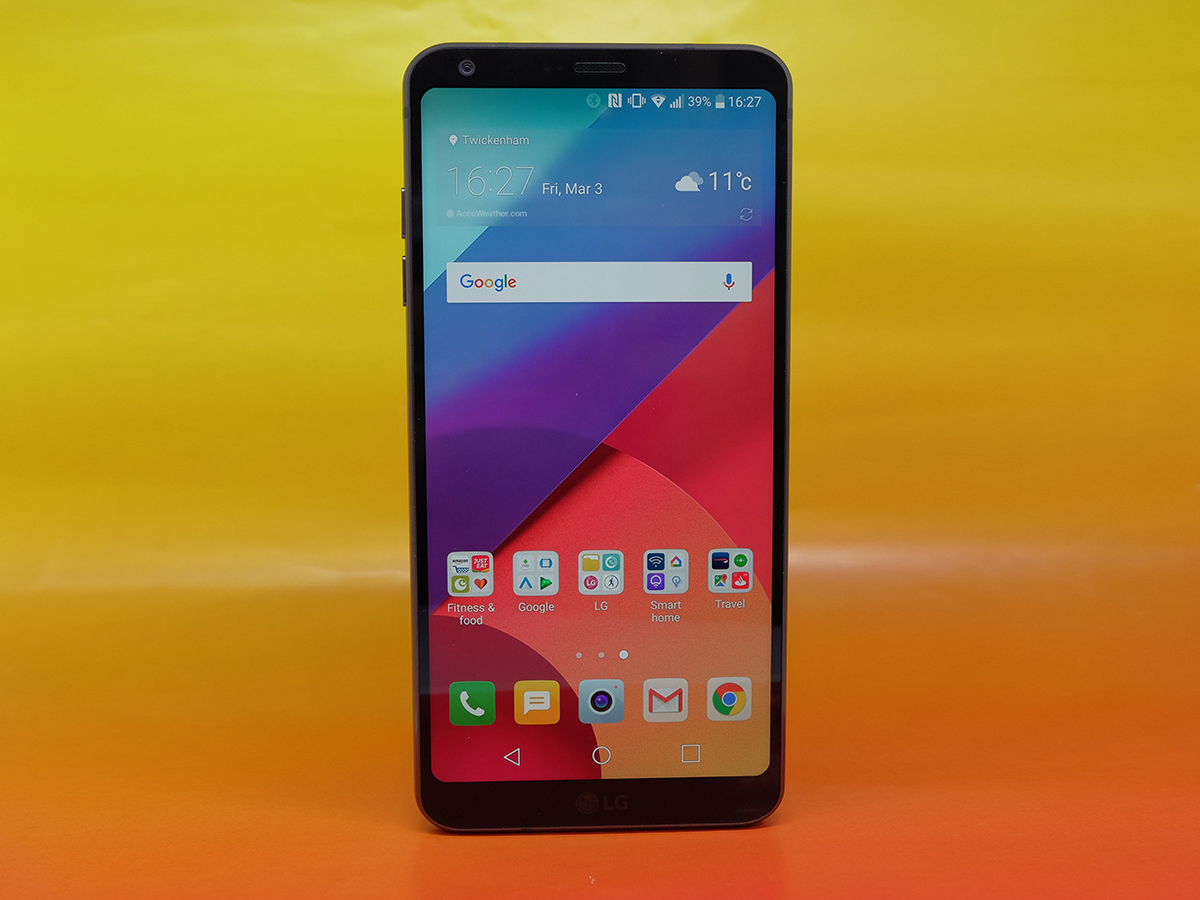
The LG G6 (shown) impressed us right out of the gate, but was quickly overshadowed by the Samsung Galaxy S8 and other top flagships. And the LG V30 seemed like it might stand out, but some screen issues kept it from reaching its full potential.
So maybe the LG G7 will do the trick instead. It’s not expected to deliver any grand reinvention of the brand, following the G5’s ill-fated modular accessories approach, but it could bring some nice refinements to the G6 philosophy. One of those might be a powerful iris scanner for security, with LG purportedly angling to one-up Apple’s Face ID tech.
We’ll see whether LG can stand out this time around – the G7 should be revealed at MWC in February.
Read More › LG G6 review
Canon Full-Frame Mirrorless Camera

Canon has been one of the rare giants to hold off from making full-frame mirrorless cameras, much to the disappointment of enthusiasts – but it sounds as though we may finally get just that from Canon in 2018.
That’s according to speculation from Canon Rumors, who suggest that a trusted source pegs a Canon full-frame mirrorless camera for release in 2018. It’s expected to have its own CMOS sensor instead of using the same one found inside Canon’s full-frame DSLR options (like the EOS 6D Mark II shown above). Another rumour suggests we’ll see three such cameras from Canon next year, but that one’s been pegged as "less reliable" by PetaPixel.
Meanwhile, Nikon is also expected to make a mirrorless full-frame move in 2018, so competition in that market could get incredibly thick in a matter of months. Hey, all the better for buyers.

